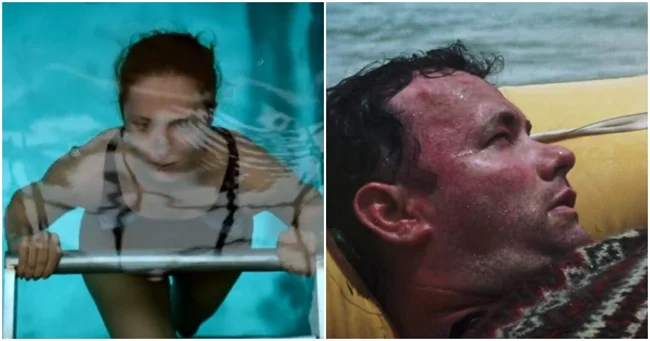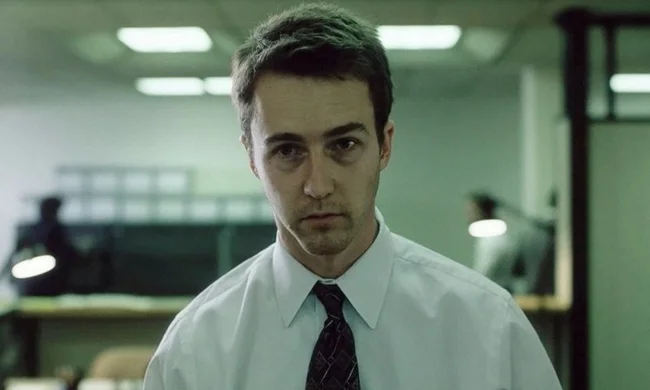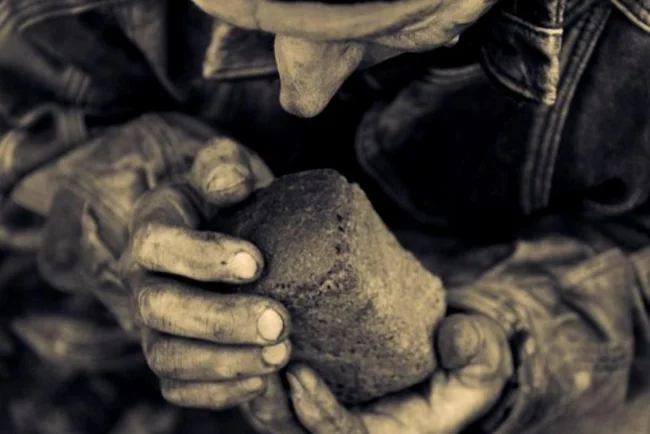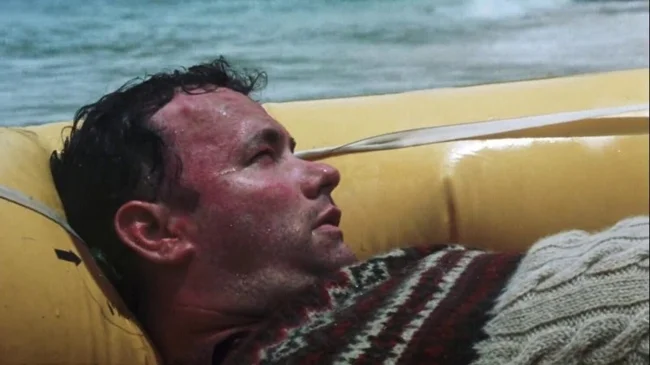How long can a person live without food, water and sleep (5 photos)
These are our basic needs, which are responsible not just for our condition, but for life itself. Often people find themselves in extreme conditions where these needs become scarce. 
But how long can a person actually live without food, water, air or sleep? What are the risks if you remove at least one of them?
Without sleep 
Sleep deprivation leads to a slower mind, distorted reality, low concentration and decreased motivation. The result is a general deterioration in health, apathy, depression and non-constructive behavior.
Experiments have shown that people can go without sleep for 8-10 days without severe damage to their health. The record was set by a 17-year-old schoolboy who did not sleep for almost 11 days. This was an experiment conducted in 1965.
There are quite rare sleep disorders. Morvan syndrome, for example, when a person may not sleep for several months. But so far it has not been possible to find out exactly how long people can stay awake for this to lead to death.
Without food 
Of course, it also depends on your state of health: age, fat reserves, general well-being. There is a medical study that found that an adult can go without food for 8 to 12 weeks. There have also been cases where people could survive for 25 weeks.
Moreover, it’s not just a matter of hunger, but also dehydration, because a hungry person doesn’t feel thirst the same way. The immune system is weakened, which may make you more likely to contract infections, including fatal ones.
Vitamin deficiency also leads to death. When a person fasts for a long time, the body begins to “eat” muscle protein, including from the heart. Electrolyte imbalances and tissue damage can lead to cardiac arrest.
Air 
When oxygen stops flowing to the brain, a deficiency of glucose occurs, which nourishes brain cells.
Brain death occurs 5-6 minutes after the heart stops. If help arrives in these minutes, the brain cells will be seriously damaged.
Humans are able to train to use oxygen as efficiently as possible. The world record freediver was able to hold his breath for 22 minutes and 22 seconds and it had virtually no effect on his health.
Without water 
A person consists of 50-65% water (depending on gender, age and weight). Water in the body is needed to transport nutrients and oxygen through the circulatory system, to protect internal organs, to digest food and to remove waste products. Water is the main thing and dying from dehydration is truly painful.
First, the person experiences terrible thirst. The kidneys begin to work incorrectly because they do not have enough fluid to urinate. The skin is dry, begins to crack, and a dry cough tears at the throat. There may be vomiting due to increased stomach acidity.
The head splits with pain, the tongue swells, the eyes dry out. Convulsions and hallucinations begin, followed by coma and death.
It is generally accepted that death from dehydration occurs within three days. But there are many recorded cases where people could hold out for a week or even longer. Everything here also depends on the general state of health, weight, temperature and humidity of the environment.
A prisoner in one prison who was accidentally forgotten was able to survive 18 days without water. It is possible that he licked condensation from the stone walls of his cell and was able to hold out that way.
